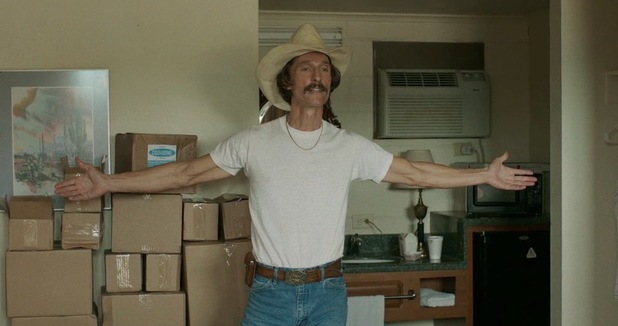Whenever a horror film boasts that its plot was “BASED ON (or INSPIRED BY) TRUE EVENTS”, it’s usually used as a device to entice prospective viewers and get butts into theater seats. While the connection between the supposed true events and the film’s content is usually quite loose, it doesn’t seem to matter much as long as its plot is satisfying. Unfortunately, the plot of the based-on-true-events crime thriller-horror hybrid, Deliver Us from Evil, isn’t.
In the film, Eric Bana plays real-life Bronx cop Ralph Sarchie who begins investigating a series of seemingly interconnected crimes. When confronted by a priest (Édgar Ramírez) who warns him that the crimes may be demonic in nature rather than mere human criminal activity, Bana’s skeptic cop and Ramírez’s open-minded priest team together to figure out what’s going on.
It’s here’s where the film hits its biggest problem: it never seems to know what it wants to be. Is it a cop-propelled crime thriller, or a horror with a goal to scare? It blends elements of both but the results are uneven at best. The film has a lot on its mind and throws it all at the audience—a decent family man haunted by his job (and past demons), a tale of possession, the unraveling of a mystery that may be more than it seems, commentary on religion, and various other plot threads—so that we’re never quite sure of its focus. For the most part, Deliver Us from Evil has a lot of good pieces, but when put together create more confusion than anything else.
The characters’ motives and actions are not as clear as they should be as you find yourself thinking things like: What are they doing now? or Hey, why are they at this abandoned building? As a result, you’re never quite sure where the plot’s going or what harrowing climax to look forward to later on. And when the film’s climax does come, you can’t help but feel unaffected by its significance.
Although Evil boasts an occasionally creepy atmosphere and a few shocks, there’s more jump scares utilized than anything else which is disappointing because there’s more than enough opportunities in its ample runtime to feature a slow build-up of genuine atmospheric scares. On that same note, the film is just too long. Clocking in just two minutes under two hours, having a large amount of content isn’t its problem; rather, it never seems to know what to do with it. It tries to sustain a sense of suspense and terror but ends up becoming unfocused instead, allowing itself to meander back and forth from plot point to plot point, unaware that the viewer may be getting lost along the way.
Deliver Us from Evil doesn’t offer anything incredibly new or groundbreaking to the genre. It has good ideas, but just doesn’t know what to do with them.
6/10







